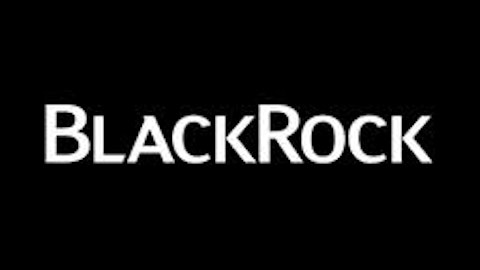Investors have always been interested in stocks that pay dividends, but lately, low interest rates on bonds and other fixed-income investments have made solid dividend payers even more valuable. Among the most promising dividend stocks in the market is T. Rowe Price Group, Inc.
(NASDAQ:TROW) , and one big reason is that it is one of the few exclusive companies to make the list of Dividend Aristocrats. In order to become a member of this elite group, a company must have raised its dividend payouts to shareholders every single year for at least a quarter-century. Only a few dozen stocks manage to make the cut, and those that do tend to stay on the list for a long time.

T. Rowe Price is a great example of how, when it comes to investment managers, it often makes more sense to invest in their own stock than to buy their funds. As a huge player in the no-load mutual fund world, T. Rowe Price has well over half a trillion dollars under management. But can the company withstand the competitive power of exchange-traded funds? Let’s take a closer look at T. Rowe Price Group, Inc. (NASDAQ:TROW) to see whether it can sustain its long streak of rewarding dividend payouts to investors.
Dividend Stats on T. Rowe Price
| Current Quarterly Dividend per Share | $0.38 |
| Current Yield | 2.1% |
| Number of Consecutive Years With Dividend Increases | 26 years |
| Payout Ratio | 70% |
| Last Increase | March 2013 |
Source: Yahoo! Finance. Last increase refers to ex-dividend date.
The latest news from T. Rowe Price
T. Rowe Price is a huge player in the mutual fund industry, reaping the benefits of taking management fees on actively traded funds over a large base of assets under management. In particular, it has been successful at making long-term investments in companies early in their history, with Whole Foods, Starbucks, and Twitter among the companies that T. Rowe Price has participated in early on.
But the rise of exchange-traded funds has cut deeply into the mutual-fund companies’ business. Last year, stock ETFs saw big inflows even as investors left stock mutual funds in droves, as big players like Vanguard and BlackRock, Inc. (NYSE:BLK)‘s iShares have continued to attract assets. The lower costs of index-based ETFs are a big draw for investors, and they also threaten the ability for T. Rowe Price Group, Inc. (NASDAQ:TROW) and other active managers to keep charging relatively high management fees for their funds.
One big part of why T. Rowe Price hasn’t moved into ETFs is that the active-ETF space right now requires daily disclosure of holdings. That’s inconsistent with the proprietary models that T. Rowe Price and other managers use, and while rival Pimco has been successful with its PIMCO Total Return Bond active ETF, the structure of the bond market makes copycat investing a lot harder than with the stock funds that make up much of T. Rowe Price’s business.
T. Rowe Price Dividend data by YCharts. Includes special dividend payout.
T. Rowe Price’s dividend growth took a brief pause during the financial crisis, but it has started to ramp back up again as the expansion has taken root. It was even able to make a $1-per-share special-dividend payout last year, and with a regular payout boost of nearly 12% just last month, T. Rowe Price Group, Inc. (NASDAQ:TROW) doesn’t seem to be hurting from ETF competition.
When will dividends rise again?
Because T. Rowe Price just increased its dividend, investors shouldn’t expect another boost until 2014. Nevertheless, T. Rowe Price has demonstrated its status as a strong dividend stock, and if the company can meet the challenges of the fund industry, it stands to keep raising its dividends well into the future.
The article T. Rowe Price: A Smart Dividend Stock originally appeared on Fool.com is written by Dan Caplinger .
Fool contributor Dan Caplinger has no position in any stocks mentioned. You can follow him on Twitter @DanCaplinger. The Motley Fool recommends BlackRock, Starbucks, and Whole Foods Market. The Motley Fool owns shares of Starbucks and Whole Foods Market.
Copyright © 1995 – 2013 The Motley Fool, LLC. All rights reserved. The Motley Fool has a disclosure policy.


